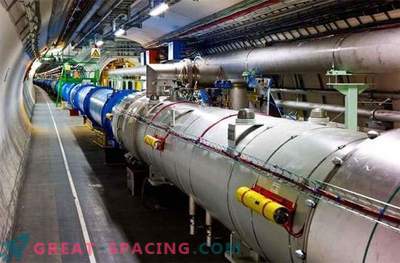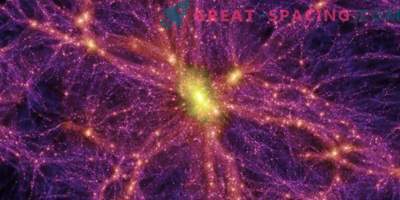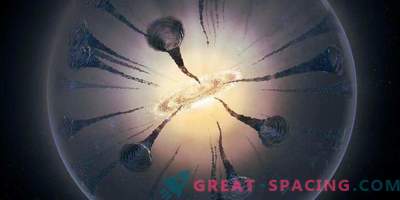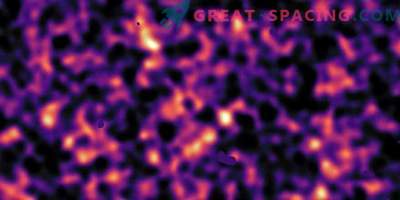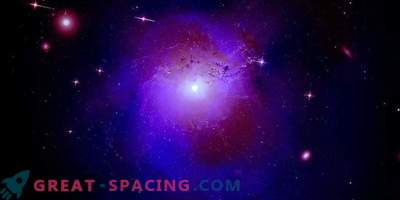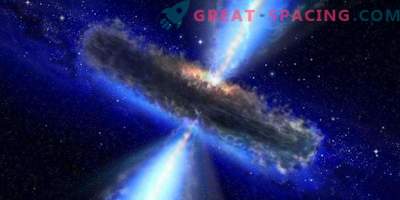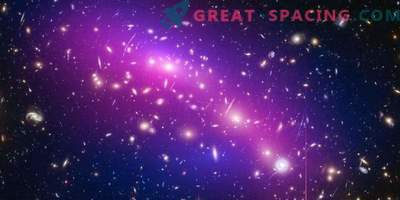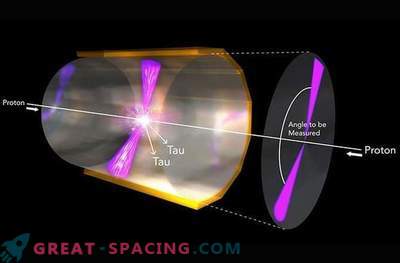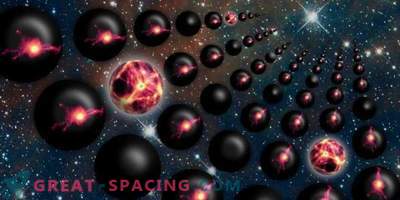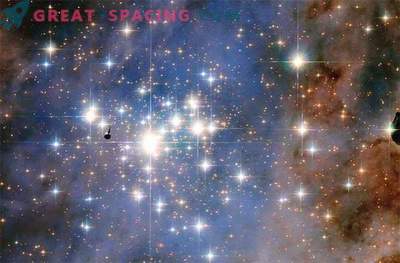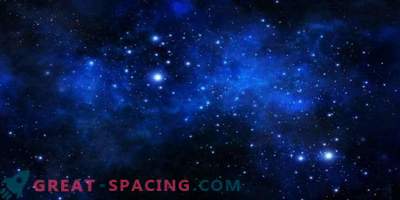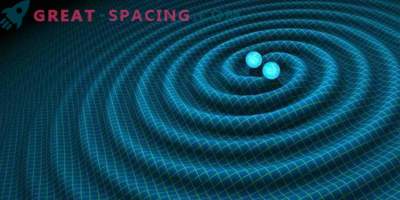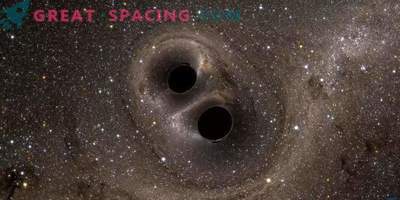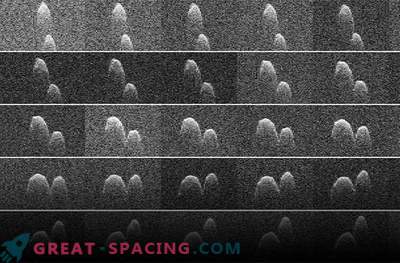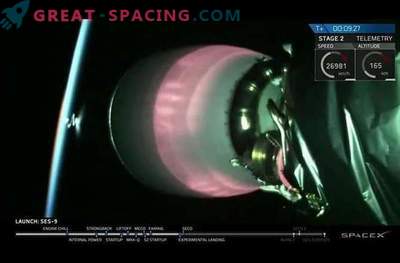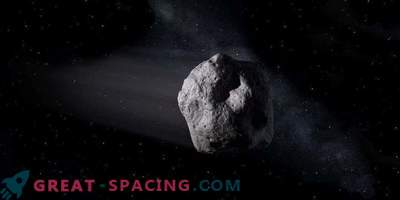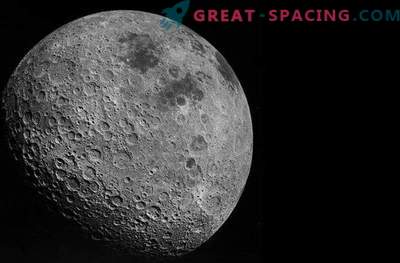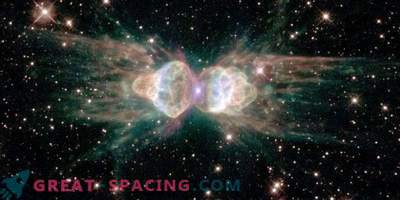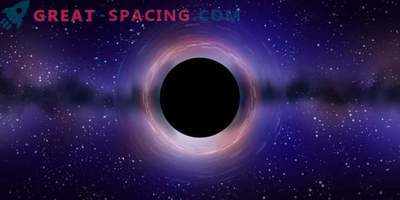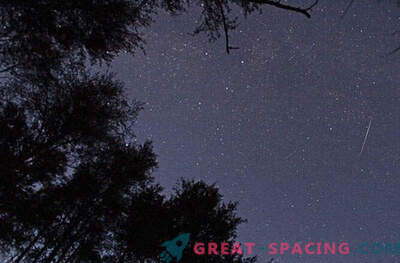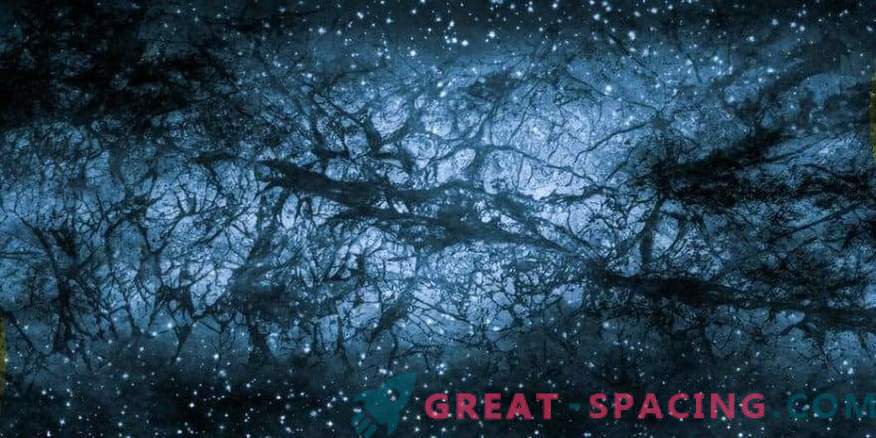
Will the universe expand forever or eventually collapse back into a tiny speck? A study published in June considers that, in accordance with the basic theory of physics, infinite expansion is impossible. However, there is new evidence that the ever-expanding universe can not be excluded.
Dark energy and cosmic expansion
Our Universe is permeated by a massive and invisible force that seems to come into opposition with gravity. Physicists called it dark energy. It is believed that she pushes the space out. But the June article implies that dark energy changes over time. That is, the Universe will not expand forever and is capable of collapsing to the size of the Big Bang point.
Physicists immediately found problems in theory. They believe that the original theory can not be true, since it does not explain the existence of the Higgs boson detected in the large hadron collider. However, the hypothesis may be viable.
How to explain the existence of everything?
String theory (the theory of everything) is considered a mathematical graceful, but experimentally unproved basis for combining Einstein's general theory of relativity with quantum mechanics. String theory suggests that all particles in the universe are not points, but are represented by vibrating one-dimensional strings. Differences in vibrations allow seeing one particle as a photon, and the other - an electron.
However, to remain viable, string theory must include dark energy. Imagine the latter as a ball in the landscape of mountains and valleys. If the ball is at the top of the mountain, it can remain stationary or slide at the slightest disturbance, as it is devoid of stability. If it remains unchanged, then it is endowed with low energy and is located in a stable universe.
Conservative theorists have long believed that dark energy remains constant and unchanged in the universe. That is, the ball froze between the mountains in the valley and does not roll from the top. However, the June hypothesis suggests that string theory does not take into account the landscape with mountains and valleys above sea level. Rather, it is a small bias where a ball of dark energy rolls down. As he rolls, the dark energy becomes less and less. Everything can end with the dark energy starting to pull the Universe back to the point of the Big Bang. But there is a problem. Scientists have shown that such unstable mountain peaks should exist, because there is a Higgs boson. It was also experimentally possible to confirm that these particles can be located in unstable universes.
Difficulties with Universe Stability
The original hypothesis faces problems in unstable universes. The revised version indicates the possibility of the existence of mountain peaks, but refuses sustainable valleys. That is, the ball should begin to roll, and the dark energy changes. But if the hypothesis is incorrect, then the dark energy will remain constant, we will remain in the valley between the mountains, and the Universe will continue to expand.
The researchers hope that within 10-15 years the satellites measuring the expansion of the Universe will help to understand the constant or changing nature of the Universe.


